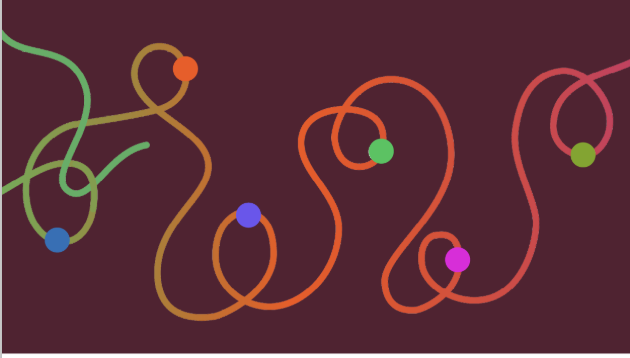About the Case Study
This case study reveals that an AI tool for cassava disease detection, though technically sound, failed to meet Ugandan farmers’ actual needs, which centered on soil analysis and variety selection. A “design by inclusion” approach, involving diverse farmer groups, uncovered this misalignment and led to a framework for user-centered AI development, proving that effective technology must prioritize user-defined needs for sustainable and equitable outcomes.

